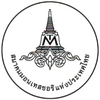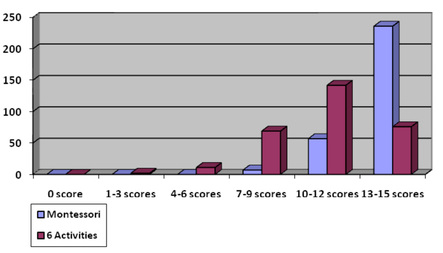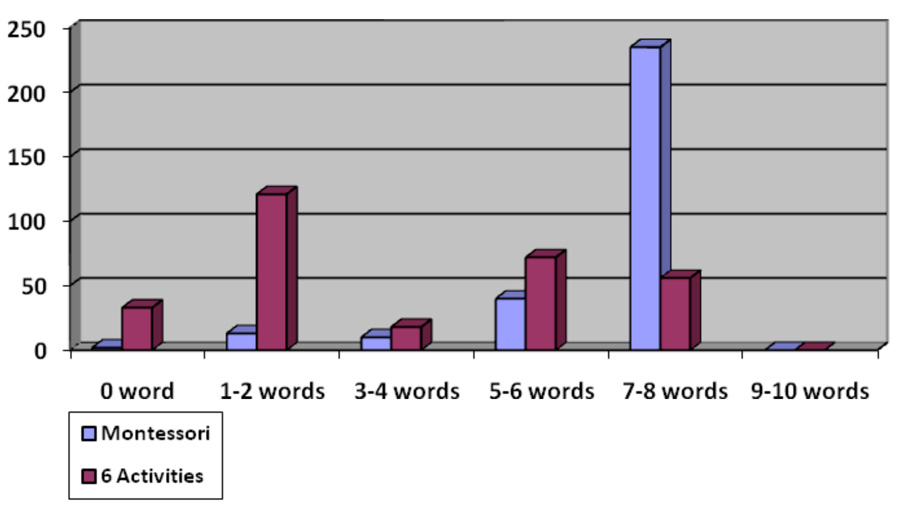History
Montessori Association is affiliated with Association Montessori Internationale (AMI). Thailand has undergone significant educational reform since passage of the Reform Act of 1999. Montessori was studied and introduced as a Pilot Project for the Development of The Child’s Potential in 7 small government schools in 2004. The next year, 60 Thai officials and private educators attended the 25th International Montessori Congress in Sydney, Australia, followed immediately by a visit from AMI President, André Roberfroid to Thailand.
2006 saw the growth of pilot schools, the establishment of The Montessori Association of Thailand (MAT), and the first AMI Primary Training Course. This course was supported by significant donations from AMI schools in the United States.
By the end of 2007, 65 Montessori Primary prepared environments were opened. As the first Training Course concluded, an Orientation for Education Administrators on Quality Montessori Implementation was held and a formal Framework for Cooperation on Implementation of Montessori Education in Thailand signed.
The first National Montessori Conference, Nurture the Child and Advance the Nation was held in 2010 concluding with the graduation ceremony of the 2nd AMI Primary course. The conference ignited wide public interest in the Montessori movement with HRH Princess Srirasmi Royal Consort of HRH Crown Prince of Thailand and their son HRH Prince Dipangkorn Rasmijot officially opening the conference and acknowledging all those who had contributed to the establishment of Montessori in Thailand.
As of April, 2011, a third AMI Primary Training has begun with 206 students, 82 AMI Primary programmes are active in the public and private sector, 107 educators have been trained, and 5 pilot programmes for Assistants to Infancy have begun.
Montessori Association is affiliated with Association Montessori Internationale (AMI). Thailand has undergone significant educational reform since passage of the Reform Act of 1999. Montessori was studied and introduced as a Pilot Project for the Development of The Child’s Potential in 7 small government schools in 2004. The next year, 60 Thai officials and private educators attended the 25th International Montessori Congress in Sydney, Australia, followed immediately by a visit from AMI President, André Roberfroid to Thailand.
2006 saw the growth of pilot schools, the establishment of The Montessori Association of Thailand (MAT), and the first AMI Primary Training Course. This course was supported by significant donations from AMI schools in the United States.
By the end of 2007, 65 Montessori Primary prepared environments were opened. As the first Training Course concluded, an Orientation for Education Administrators on Quality Montessori Implementation was held and a formal Framework for Cooperation on Implementation of Montessori Education in Thailand signed.
The first National Montessori Conference, Nurture the Child and Advance the Nation was held in 2010 concluding with the graduation ceremony of the 2nd AMI Primary course. The conference ignited wide public interest in the Montessori movement with HRH Princess Srirasmi Royal Consort of HRH Crown Prince of Thailand and their son HRH Prince Dipangkorn Rasmijot officially opening the conference and acknowledging all those who had contributed to the establishment of Montessori in Thailand.
As of April, 2011, a third AMI Primary Training has begun with 206 students, 82 AMI Primary programmes are active in the public and private sector, 107 educators have been trained, and 5 pilot programmes for Assistants to Infancy have begun.
|
Outcomes
Thai Montessori schools were evaluated in 2010 with these results: Internal quality assurance has been monitored by the Education Services Areas. A recent report of a study during the first semester of academic year 2010 from the Khon Kaen Area 3 concerning 600 kindergarten children, aged 5 years old: 300 children were developed with the Montessori Approach and 300 children were developed by the 6 Groups Activities Technique. When surveys were applied according to the Basic Education Academic and National Standard Test, the results on intellectual and basic skills were as follows. |


